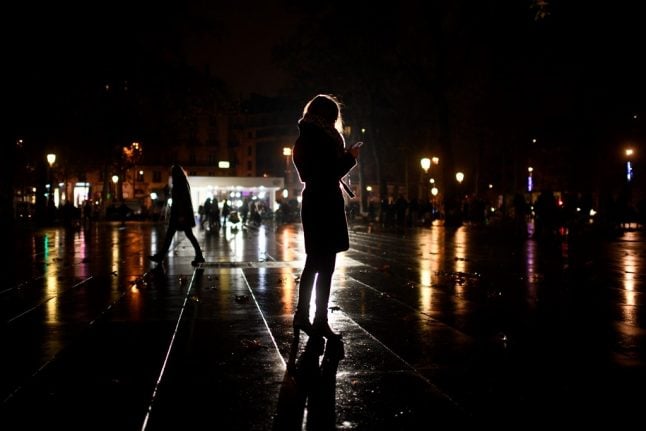The leading Oxford professor, whose grandfather founded Egypt's Muslim Brotherhood Islamist movement, is facing investigations in France for the alleged rape of two women.
Ramadan has denied the accusations as a “campaign of lies launched by my adversaries”.
Henda Ayari, a former Muslim fundamentalist who says Ramadan raped her in a Paris hotel room in 2012, said she was encouraged to speak out against him publicly by the “Me Too” campaign sweeping the world.
“It was the #BalanceTonPorc campaign that pushed me to reveal his name,” she told the Parisien newspaper, in reference to France's version of the
hashtag which means “Expose your pig”.
Ayari, who lodged a rape complaint against the 55-year-old Swiss national on October 20, charged that for Tariq Ramadan, “either you wear a veil or you get raped”.
“He choked me so hard that I thought I was going to die,” she added.
Tariq Ramadan accusé de viol : Henda Ayari, une des victimes présumées, se confie https://t.co/9EbrVJaV99
— Le Parisien (@le_Parisien) October 30, 2017
She had detailed the encounter in a book published last year, without naming her alleged attacker.
A second unnamed woman on Friday also accused Ramadan of raping her in a hotel room in 2009.
Ramadan has filed counter-charges for libel and wrote on Facebook Saturday that a new suit would follow “within a few days, in response to the campaign
of lies launched by my adversaries”.
“These accusations are simply false, and betray all the ideals I have long strived for and believed in,” he wrote.
Ramadan, a professor of contemporary Islamic studies at Oxford University, is popular among conservative Muslims. Secular critics accuse him of promoting
a political form of Islam.
Thousands of people took the “Me Too” online campaign — started by allegations against Hollywood mogul Harvey Weinstein — onto the streets of
France on Sunday.
Some 2,500 people joined a rally in Paris against sexual abuse and harassment, while other protests were staged in Marseille, Bordeaux, Lille and
other cities.
In addition to Ramadan, several other prominent figures have been targeted in French assault claims, including a lawmaker in President Emmanuel Macron's
party and a judge on France's equivalent of “America's Got Talent”.




 Please whitelist us to continue reading.
Please whitelist us to continue reading.